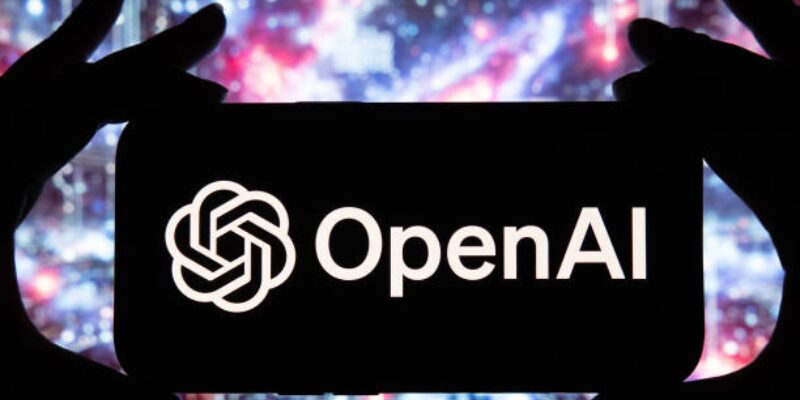OpenAI unveiled new tools for developers on Tuesday that would enable them to construct complex AI agents using a few application programming interfaces (APIs).
TakeAway Points:
- OpenAI launched new tools for developers on Tuesday that will help them build advanced AI agents using a few application programming interfaces (APIs), amid growing competition from Chinese AI startups.
- The new tool, called the Responses API, is available to all developers at no additional cost.
- Elon Musk’s Starlink has partnered with Airtel, India’s top telecom provider. This move exacerbates competition with Reliance Jio, another telecom company owned by fellow billionaire Mukesh Ambani.
OpenAI’s Responses API
AI agents are designed to independently execute complex real-world tasks without direct human intervention, while an API is a string of code that enables standardized communication, data exchange, and functionality between software components.
The new tool, called the Responses API, is available to all developers at no additional cost. It replaces OpenAI‘s Assistants API, which is set to be phased out by the second half of 2026.
The development comes close on the heels of the release of the latest AI models by Chinese startups, which claim to be on par or better than industry-leading models in the United States at a fraction of the cost.
Chinese startup Monica has grabbed attention over the past few days after it launched its autonomous AI agent Manus, weeks after DeepSeek was showered with praise by Silicon Valley executives and U.S. tech company engineers.
Monica, which claims that its Manus AI outperforms OpenAI’s DeepResearch agent, said on Tuesday that it was partnering with the team behind Alibaba’s Qwen AI models.
Musk’s Starlink and India’s Airtel tie up in broadband race
Elon Musk’s Starlink has signed a deal with India’s No. 2 telecoms company Airtel to bring Starlink’s internet services to the world’s most populous country, intensifying rivalry with fellow billionaire Mukesh Ambani’s telecom firm Reliance Jio.
The pact will allow the U.S. satellite internet giant to utilize Airtel’s retail store network to distribute its devices throughout India, and is conditional upon Starlink obtaining government approval to begin operations in the country.
Airtel said on Tuesday the companies will look at using each other’s network infrastructure to enhance coverage but didn’t provide details. Airtel will also explore offering Starlink services to its business and other customers.
The Starlink announcement comes weeks after Indian Prime Minister Narendra Modi met with Elon Musk in Washington,, where they discussed issues including space, mobility, technology, and innovation.
Starlink, which has long wanted to launch in India, has clashed recently with Ambani’s telecom firm Reliance Jio over how the country should grant spectrum for satellite services.
Reliance had urged an auction but the Indian government sided with Musk, who wanted it to be allocated administratively, in line with global trends. Analysts say an auction, requiring much more investment, would likely deter foreign rivals.
Ambani has been worried that his telecom company, which spent $19 billion in airwave auctions, risks losing broadband customers to Starlink and potentially even data and voice clients later.
Airtel has a similar distribution agreement with global satellite group Eutelsat, where its parent entity owns a stake.
Eutelsat’s OneWeb and Reliance Jio have already won approvals from India’s space regulator to launch commercial satellite broadband services in the country.



































